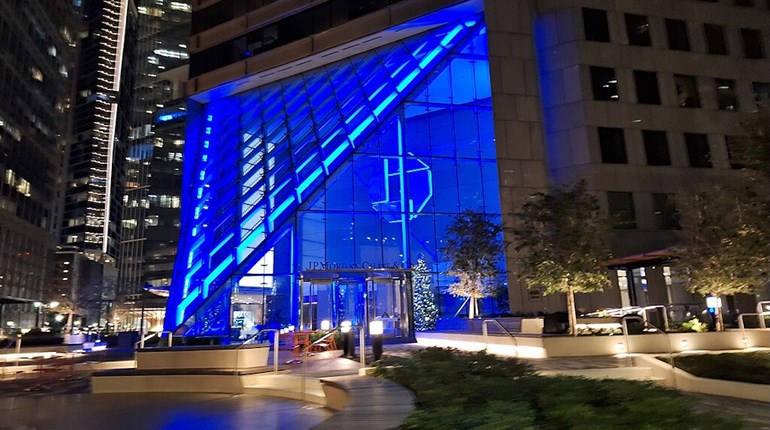
In 1993 Hillary Clinton said she’s “all for” a 25-percent tax on guns and a “raise [in the] the dealer’s fees [on guns] from $30-$75 to $2,500.” Americans for Tax Reform has put a video up showing Clinton saying this before a Senate committee on Sept. 30, 1993. More recently, during an interview on ABC’s “This Week” last month, George Stephanopoulos played the footage of Clinton’s 1993 gun tax endorsement and asked her if she still held this position. Even given the opportunity, Clinton didn’t retract her endorsement of these onerous taxes on guns.
This doesn’t set Hillary apart from many other politicians who would like to ban and/or deeply restrict Americans’ access to their Second Amendment-protected rights. Actually, despite these liberal politicians’ protests against the costly burdens of requiring voters to show IDs at polling places, these same politicians are often doing everything they can to make buying a gun or obtaining a permit a time-consuming and expensive enterprise—that is, when they are forced to stop impeding citizens’ right to keep and bear arms in the first place.
Why do they pretend to care about the poor when it comes to voting (even when state IDs are given free of charge to low-income individuals), yet do all they can to make getting a gun expensive?
This has happened in New York City; Chicago; Washington, D.C.; and in many other places controlled by liberal politicians. The fees might not seem like much for a middle- or upper-middle-class person, but they are a lot for lower-income individuals. In 2013, for example, Maryland Democrats pushed through legislation that requires $205 to $230 in fees and training expenses for those who want to get a handgun. “When Republicans tried to exempt poor individuals from paying the government fees, the Democrat-controlled state legislature wouldn’t even let the amendment come up for a vote,” says John Lott, president of the Crime Prevention Research Center.Why do they pretend to care about the poor when it comes to voting … yet do all they can to make getting a gun expensive?
After courts forced local governments to stop infringing on the people’s Second Amendment rights, elected officials in Washington, D.C., and Chicago created licensing schemes that few can navigate. You have to take time off work to complete paperwork and get forms notarized, to take tests and to have fingerprints taken at a police station. All of these costs often add up to more than the actual price of many guns. In 2011, the Washington Post, hardly a pro-gun newspaper, ran a story under the headline: “Since D.C.’s handgun ban ended, well-heeled residents have become well armed.”
The lead paragraph of the story said: “In the 2½ years since the U.S. Supreme Court ended the District’s handgun ban, hundreds of residents in Washington’s safest, most well-to-do neighborhoods have armed themselves, registering far more guns than people in poorer, crime-plagued areas of the city, according to D.C. police data.”
After the Supreme Court decision in McDonald v. Chicago (2010) that ruled that state and local governments were also restricted by citizens’ Second Amendment-protected rights, Chicago passed a $100 license fee, plus $15 per gun. The state’s mandatory five hours of training classes also cost around $150; and, to take the classes, you’ll likely have to drive if you live in Chicago, which means you’ll need access to a car or have to hire a taxi. Illinois now charges $150 for a new handgun license application.
These fees and paperwork might not be deal breakers for many with adequate incomes, but for the poor they can be extremely burdensome. For those who live paycheck to paycheck, these fees and associated costs can be insurmountable. Imagine a single mother with two or more mouths to feed who lives in a poorer area of Chicago, and has to navigate its crime-infested streets and fear a break-in each night. Now consider how she might, on a limited income, find the money for these fees, taxes, and more so she can protect herself and her loved ones.
In truth, politicians like Clinton aren’t just failing to help such people, but are actively making it harder for them to succeed and stay safe.


































